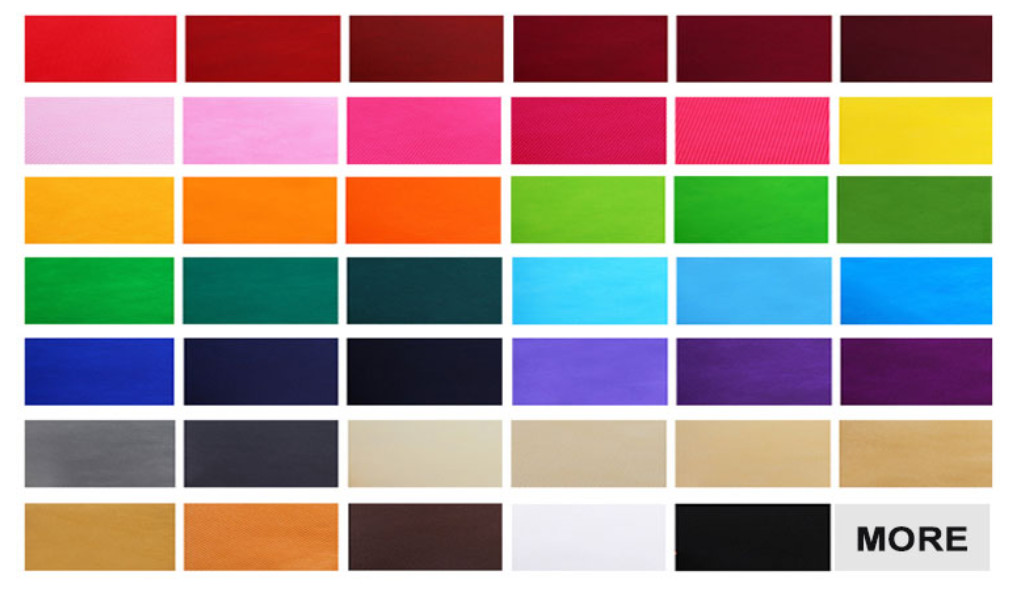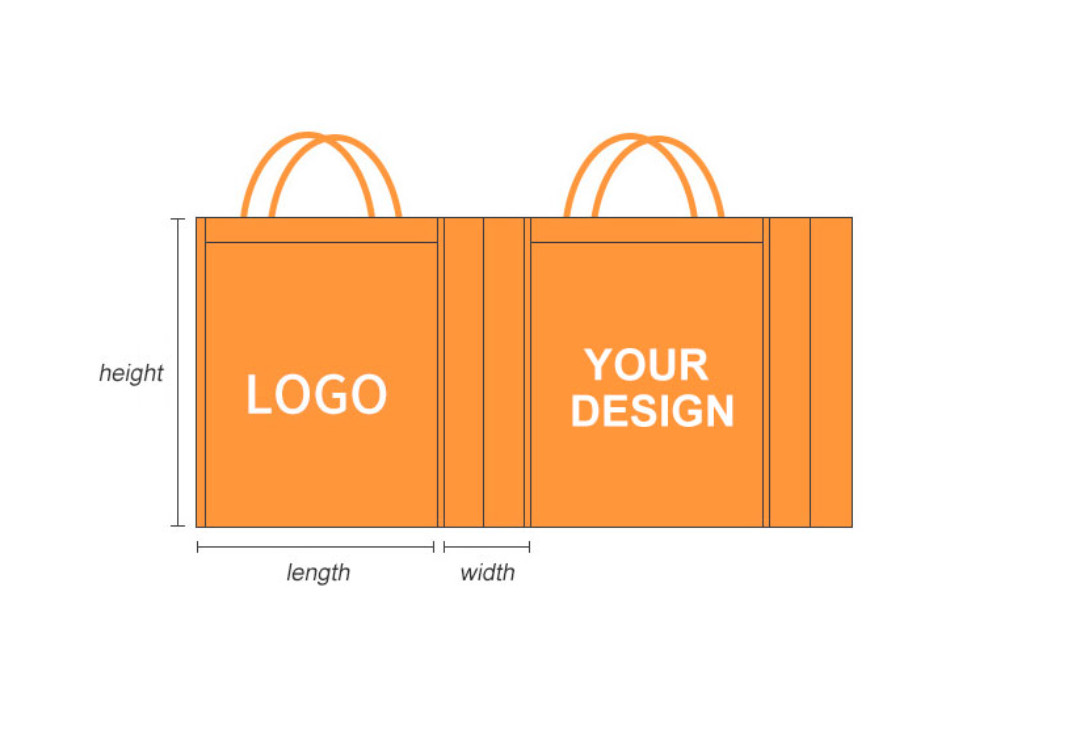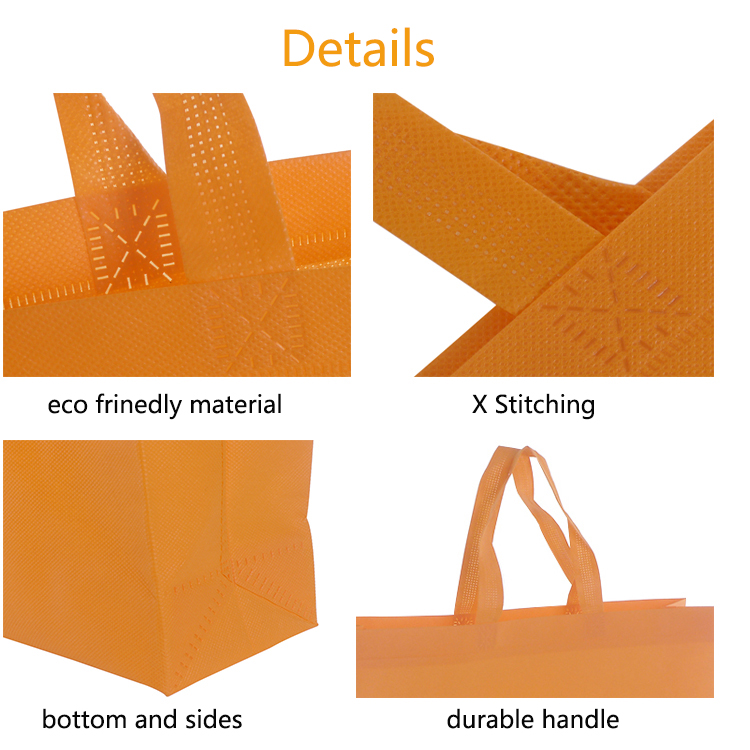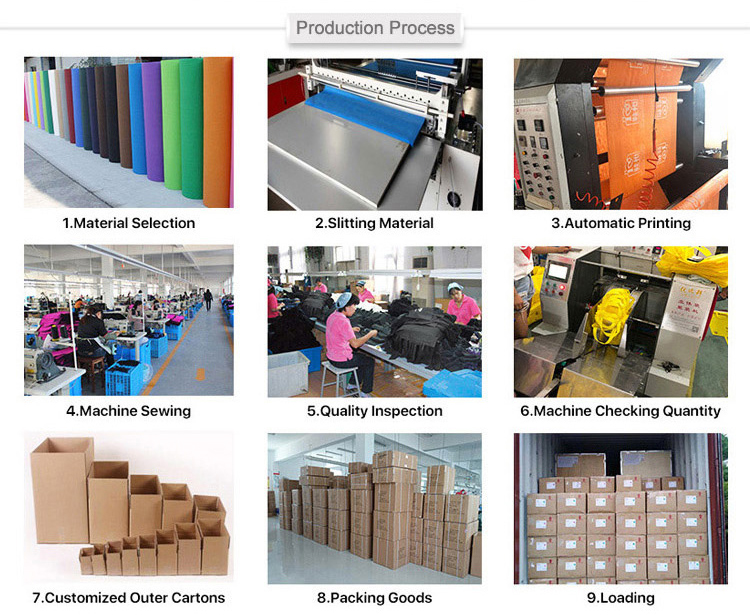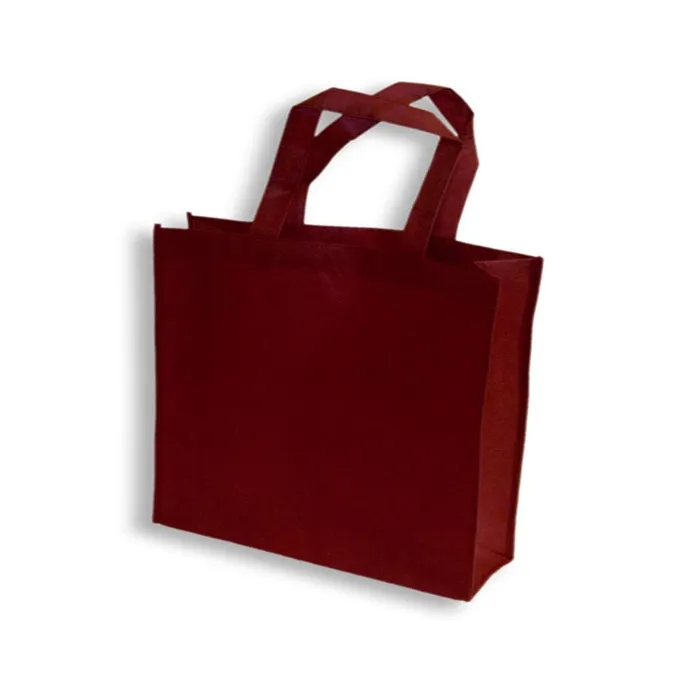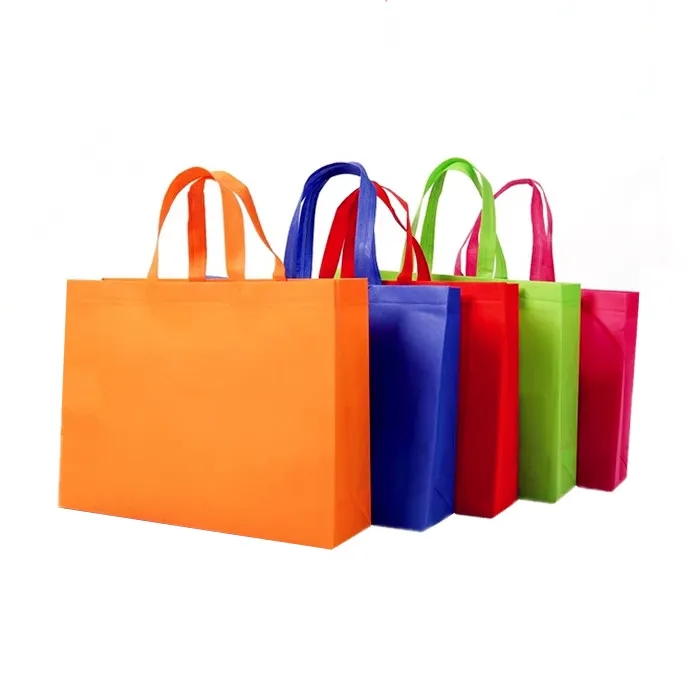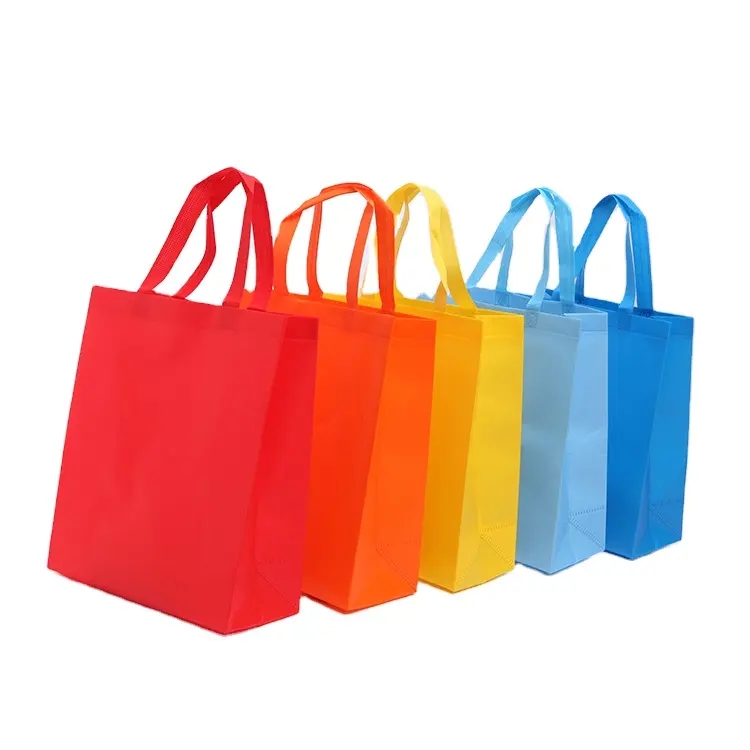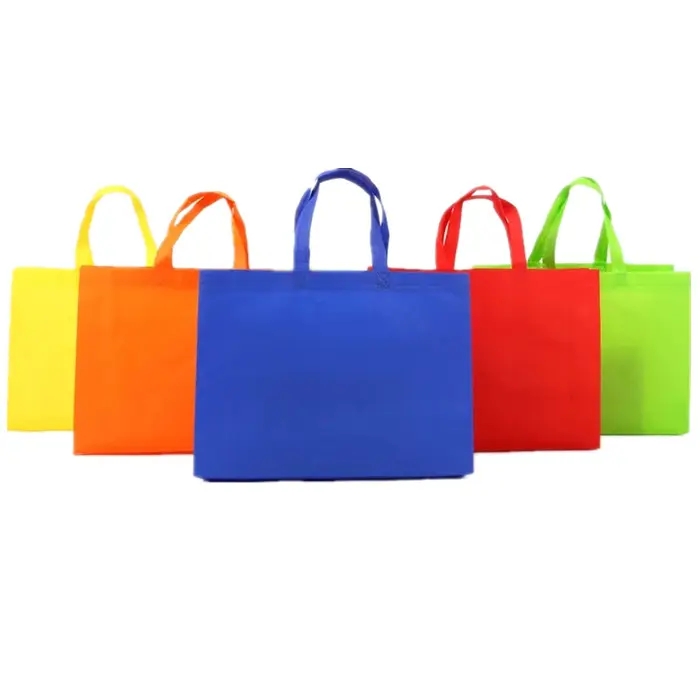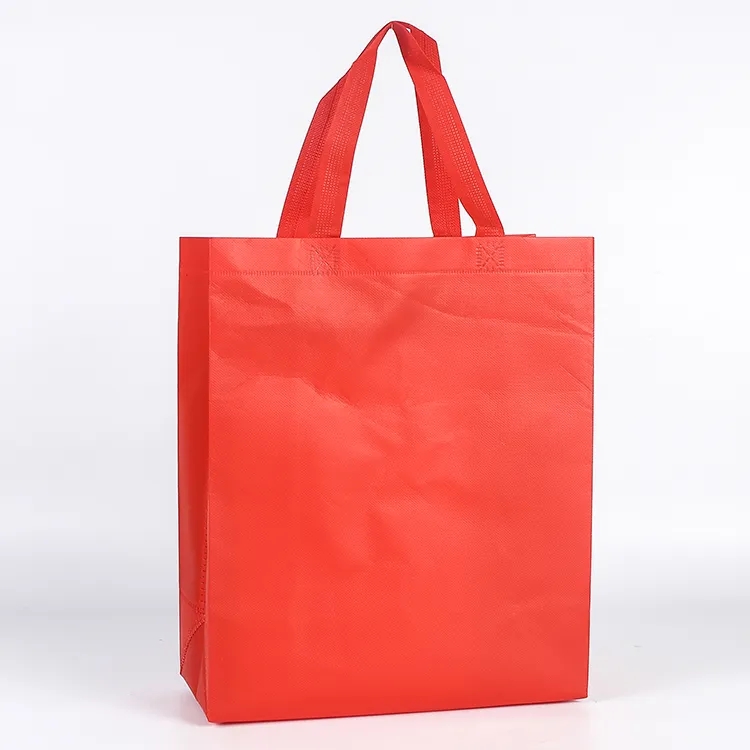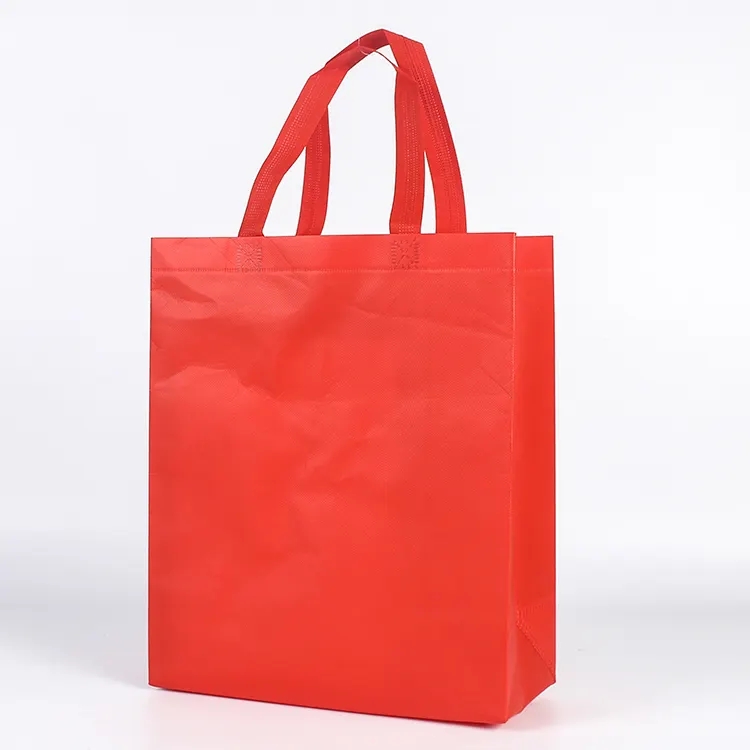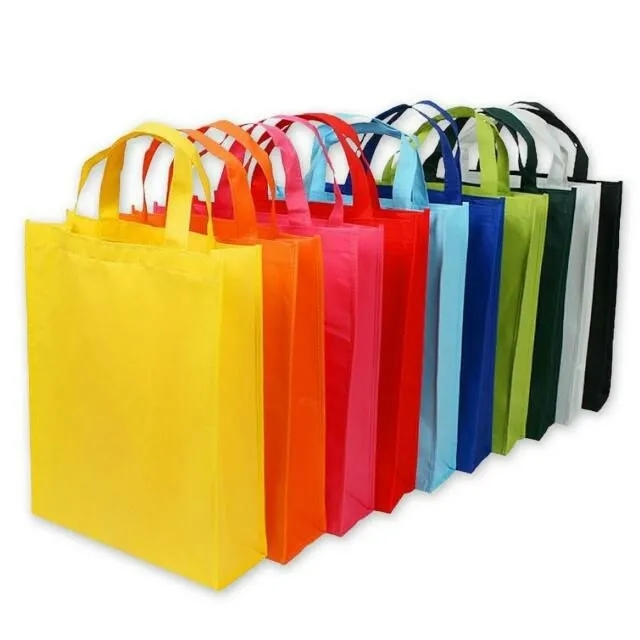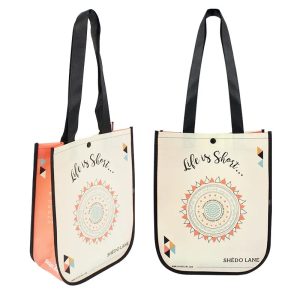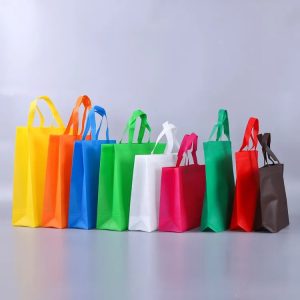Non-Woven Bags: A Sustainable Shift in Packaging Paradigms
Introduction: Amidst the growing concern for our environment, non-woven bags have emerged as a sustainable solution that is reshaping the packaging landscape. This article explores the diverse benefits of non-woven bags, examining their eco-friendliness, durability, and the pivotal role they play in reducing plastic waste. Join us on a journey to uncover how these innovative bags are revolutionizing packaging practices, offering a harmonious blend of sustainability and functionality.
Eco-Friendly Crafting: The essence of non-woven bags lies in their eco-friendly composition. Created from materials like polypropylene, these bags are designed to be both robust and recyclable. Opting for non-woven bags signifies a conscious decision to support a greener planet by reducing the reliance on single-use plastics.
Durability for Longevity: Non-woven bags stand out for their exceptional durability. Constructed from resilient synthetic fibers, they are built to endure the challenges of daily use. This durability factor translates into fewer bags discarded and less plastic waste polluting our environment.
Adaptability for All Occasions: Non-woven bags go beyond their traditional purpose, transforming into versatile companions suitable for various activities. Whether it’s shopping, travel, or organizing personal items, these bags come in different sizes and designs to cater to diverse needs.
Sustainable Branding: For businesses, non-woven bags offer a unique platform to convey their commitment to sustainability. Customizable with logos and designs, these bags become a tangible representation of a brand’s dedication to environmentally-conscious practices, resonating with eco-conscious consumers.
Striking the Balance: Strength and Convenience: Despite their sturdy build, non-woven bags remain lightweight and easy to carry. This balance between strength and convenience enhances the overall user experience, making them an attractive choice for both consumers and businesses.
Breathable Design for Freshness: An inherent advantage of non-woven bags is their breathability. This characteristic is especially beneficial for items that require proper air circulation, such as groceries and perishable goods, ensuring their quality is maintained.
Conclusion: Non-woven bags represent a crucial shift towards responsible packaging. With their eco-friendly composition, durability, and positive impact on our environment, they transcend their utilitarian role to symbolize intentional choices. As societies embrace the significance of sustainable practices, non-woven bags provide a tangible pathway to aligning packaging needs with the urgency of environmental preservation. By embracing these bags, we pave the way towards a future where packaging innovation and sustainability seamlessly converge, creating a world that values both practicality and the well-being of our planet.
